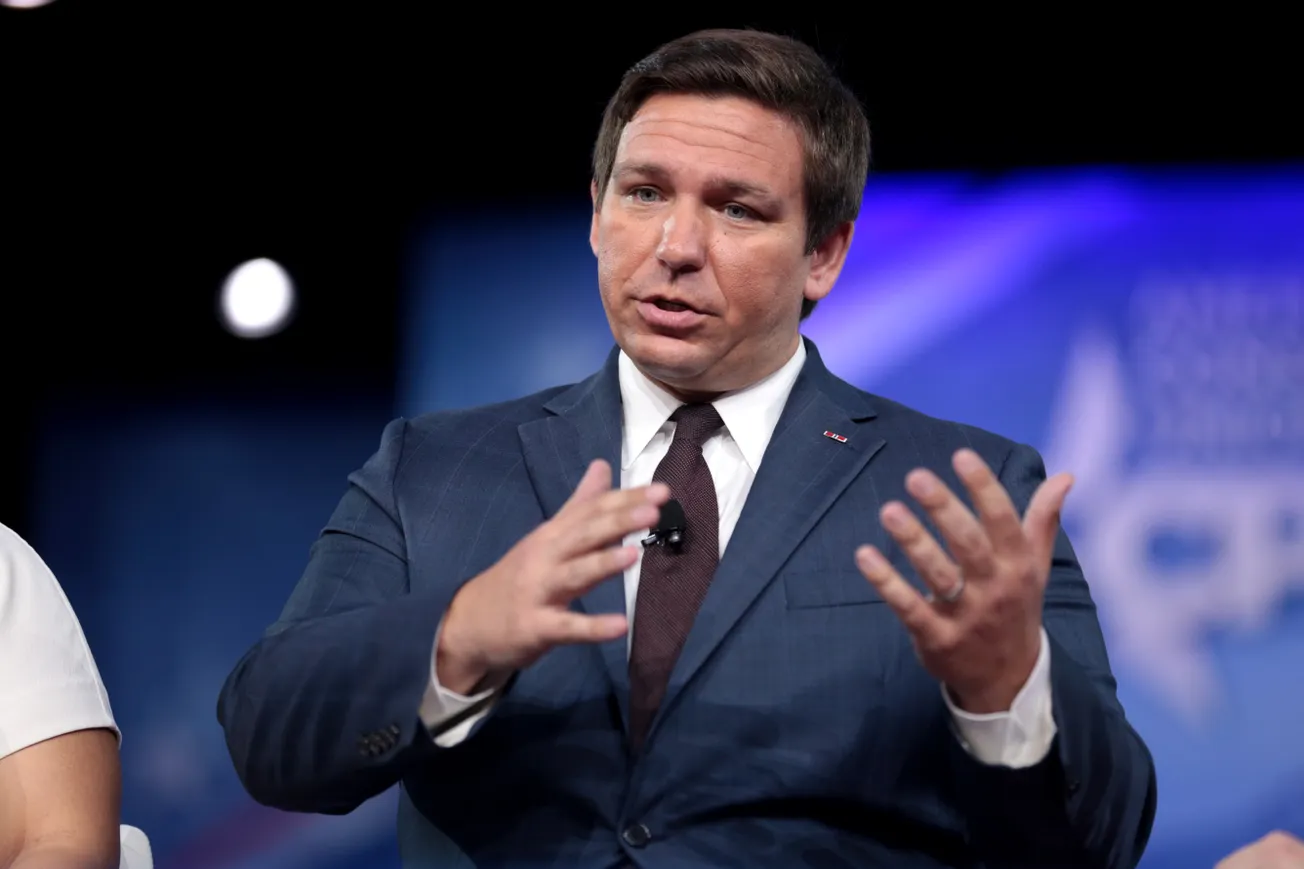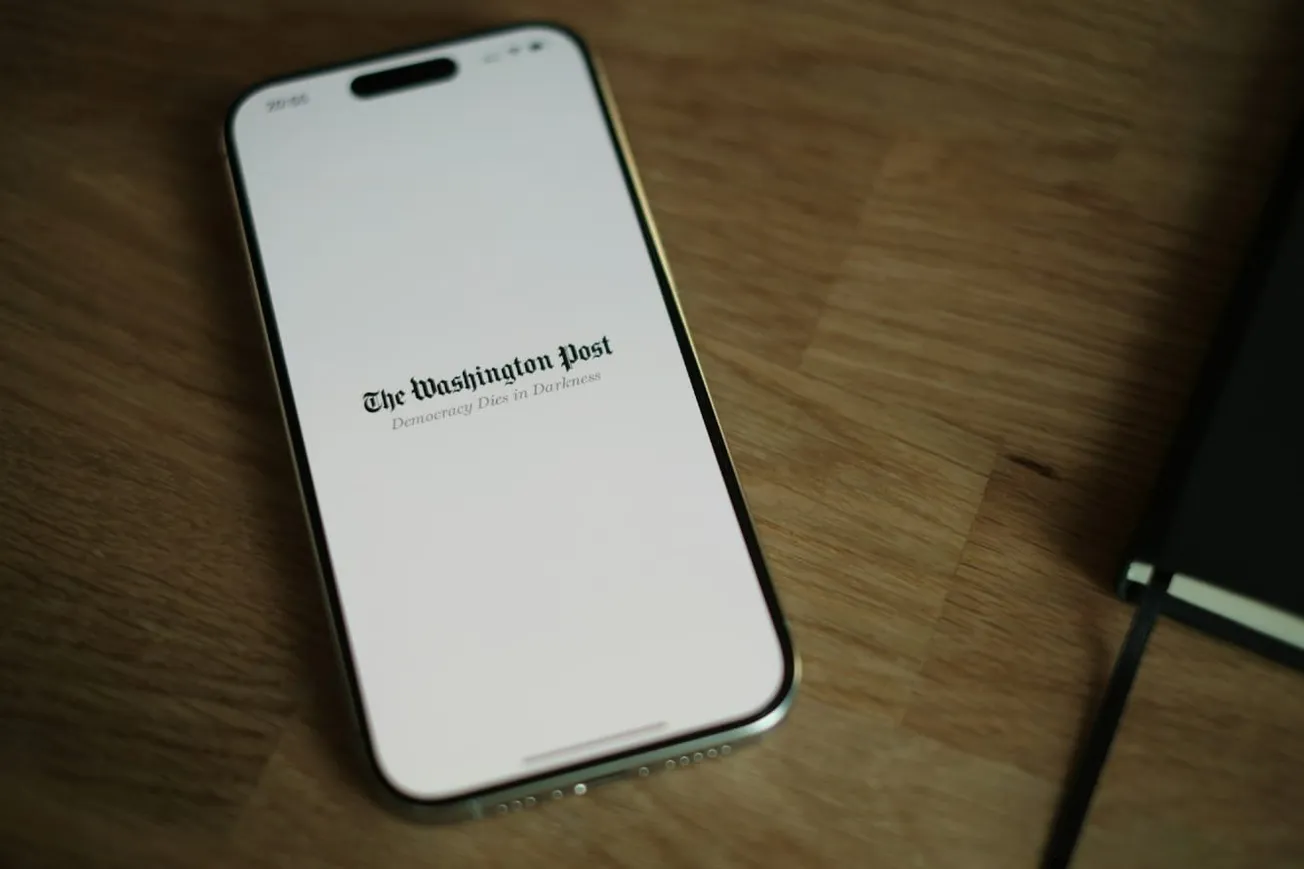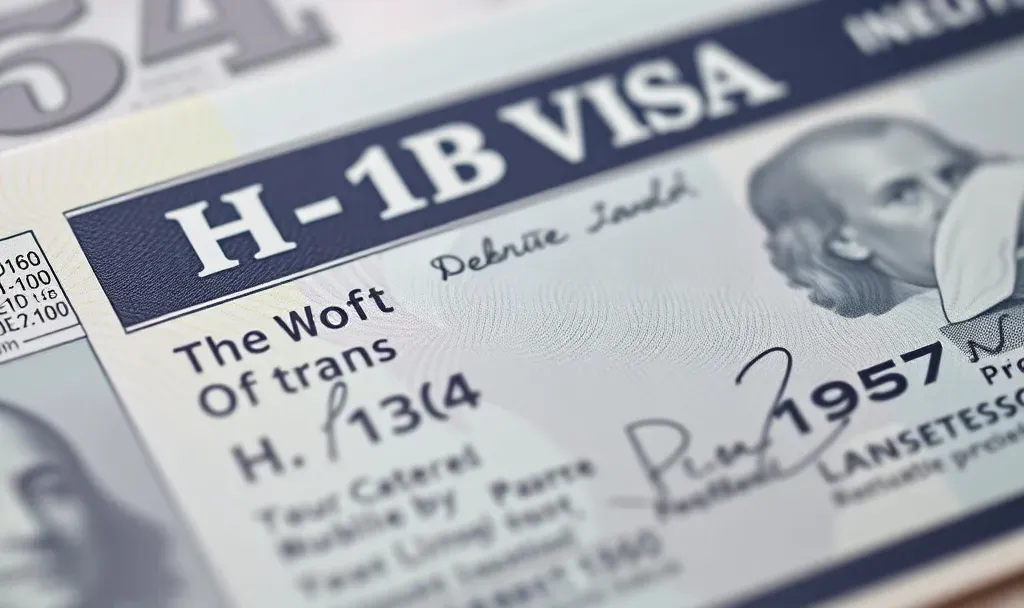When New York Times columnist Jamelle Bouie wrote a love letter of sorts to Donald Trump and his “soft edges and eccentricity,” it didn’t take long for people to see this for what it is: an opening salvo by the press to start demonizing the next Republican.
In his column, Bouie coos about how Trump is “funny, he has stage presence, and he has a kind of natural charisma. He can be a bully in part because he can temper his cruelty and egoism with the performance of a clown or a showman. He can persuade an audience that he’s just kidding — that he doesn’t actually mean it.”
Anyone not blinded by Trump hatred would probably agree with this description. But it is Bouie who doesn’t actually mean what he’s saying.
Bouie is a guy who, when Trump first ran for president, declared definitively that “Trump is a fascist,” and that this was “the political label that best describes what the GOP front-runner has become.” Then he spent four years recoiling at the horror of the Trump presidency.
Bouie’s new-found love of Trump has nothing to do with a change of heart and everything to do with portraying the other leading presidential contender — Florida Gov. Ron DeSantis — as far worse than Trump.
And the only reason to do so now is because of the fact that DeSantis’ recent actions have raised his profile nationally and increasingly endeared him to conservatives.
As Republican communicator Matt Whitlock noted, “ ‘The soft edges of Donald Trump’ is a hilarious set-up to the inevitable ‘actually DeSantis is worse than Trump’ we all knew was coming.”
Exactly. Anyone who has followed the news over the past several years could see this coming a mile away.
What’s surprising is how clueless Bouie — and all those who will inevitably follow him down this path — are to the fact that they are just repeating a tired ritual.
When Trump his campaign and his presidency, he was a fascist. Now that DeSantis looks as though he could claim the nomination for 2024, he’s the fascist.
When George W. Bush was president, guess what, he was fascist, too. Back then we were told that Bush displayed the “supremacist ideology of Nazi Germany” that “you and I live under the rule of an official dictator,” that his administration “had begun to implement the 10 steps to take down a democratic nation,” and that he “is trying to bring to himself all the power to become an emperor — to create Empire America.”
Once Bush was safely out of power, the fascist label fell off him and landed on Mitt Romney, whose campaign at one point complained that Democrats were trivializing fascism by constantly referring to Republican candidates as Hitler reincarnated.
Some in the press have noticed that this bad habit is backfiring.
The Atlantic asked in 2016: “Did liberals botch their chance to take down Trump by hyperbolically attacking past Republican nominees? Probably.”
Nothing will change, of course. The media might navel gaze a little, but they will never admit their biases or change how they cover politics. Whoever the Republican nominee is, the press will attack him, or her, as a dangerous extremist.
What’s refreshing about Trump and — so far at least — DeSantis is that unlike Bush, Romney, John McCain and so many other GOP candidates, they don’t seem to care about these vile attacks.
— Written by the I&I Editorial Board








